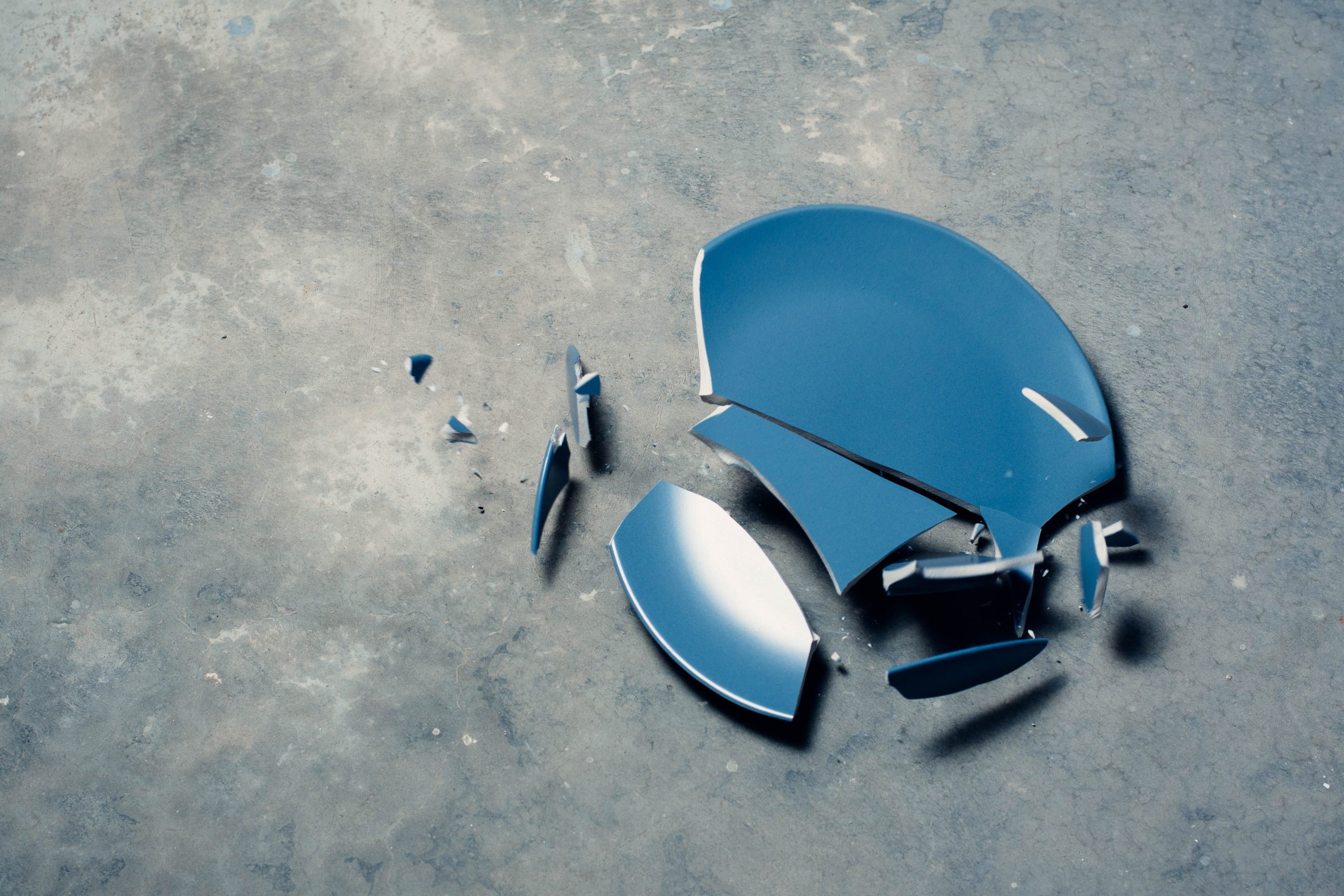I really wanted to write a piece on guilt and blame. I’ve come to understand that whether directed outwardly or inwardly, guilt and blame are nothing other than by-passes that keep us stuck. Guilt and blame are unhelpful. I didn’t bargain on how hard that is to say. The belief in guilt, its expression as blame and the punishment that results, whether it be towards our self or others, is entrenched in our culture.
We have a whole legal system that is based on it. So how can I suggest that our belief in guilt, sin, punishment and all that goes with them isn’t good for us? I feel like a bit of a traitor, or at least that to voice such a position will see me as a pariah in the culture of which I am a part.
An enquiry?
Perhaps it is best that rather than taking a position or making a statement, I pose an enquiry. Here goes. What if, there is no such thing as sin? What if, we make our mistakes into sin via our belief in guilt, blame and the need for punishment? What if we didn’t add that layer? If we saw mistakes as requiring correction rather than punishment?
Life lets us know when we’ve made a mistake. We feel it in our bodies, in our relationships, if we haven’t become disconnected from them that is (which in itself is hard in this day and age). If we’ve established a home ground of peace, reconnected to our essential nature, we know when we’ve left it. Then, the mistake offers a guidepost to find our way back.
What if blaming others or ourselves moves us away from our natural state of peace? We’re either arguing with reality, i.e. that others and external circumstances should be other than the way they are, or, we’re ‘rubbing ourselves out’ by dismissing and negating our previous efforts or responses as wrong.
Investment in the value of guilt
We’re all doing the best we know how. Guilt and blame are a superficial layer that papers over perhaps a rawer response that we’d prefer not to experience. If at any moment, we meet ourselves, and/or the world with love, suspending judgement and the need to make things wrong, what might happen? Is the only thing that stops us from doing that our investment in the value of guilt and therefore punishment?
Anarchical?
Perhaps this sounds anarchical? I’m not suggesting that if someone breaks the law they not face consequences for their actions, only that erring, small or large, does not diminish our/their value as a human being.
The whole cascade of emotions that might arise as the result of a mistake; regret, sorrow, frustration, disappointment, shame are all useful pointers to find our way back to our home ground of peace as long as we don’t suspend their natural process by deciding that a) things should be different, or b) that we are inadequate, faulty or wrong.
It’s not personal
What if we took the personal out of it? Instead of settling in to the belief that there’s something wrong with me (or someone else for that matter), we recognise that there is indeed something wrong, that needs to be corrected, but that it’s not personal. Could guilt be an extra ingredient that we just don’t need? A sidetrack that takes us off course?
Getting comfortable with not knowing
We all have an arsenal of ideas, beliefs and ingrained behaviours that are our ‘go to’s in challenging circumstances. It most definitely takes effort to be curious enough and slow down enough to see them rather than be driven by them unconsciously. Might it be possible to step out of our conditioning by learning to pause and allow some space around whatever trigger would usually take us into a habitual reaction? It would mean getting comfortable with not knowing and potentially with the discomfort we are trying to avoid through our habitual response.
We’re all innocent and there are no victims
What would life be like if we recognised that we are all innocent and that there are no victims? What if we understood wrong behaviours, actions that are harmful or advantages that are taken, as calls for help? Our empowerment rests on our response to the circumstances and challenges we are faced with. Truth telling is important. Calling out injustice matters. But is guilt, blame, punishment – a belief in sin – a necessary requisite of that?
How important is guilt to you?
If you’d like to, notice how important guilt is to you. Notice how pervasive it is in our culture. Perhaps question whether it is helpful, even in the most grevious circumstances. You might like to try interest and curiosity to help suspend guilt. Maybe imagine a world without it. What would that be like?
Compassion and justice
The statement that I can comfortably and confidently make is that guilt and punishment, the making of sin out of mistakes, is not something that progresses us towards a world based on the values of compassion and justice. It is just such a world that I wish to live in. Could the idea of guilt, sin, punishment and all that goes with them be out of date?


Leave A Comment